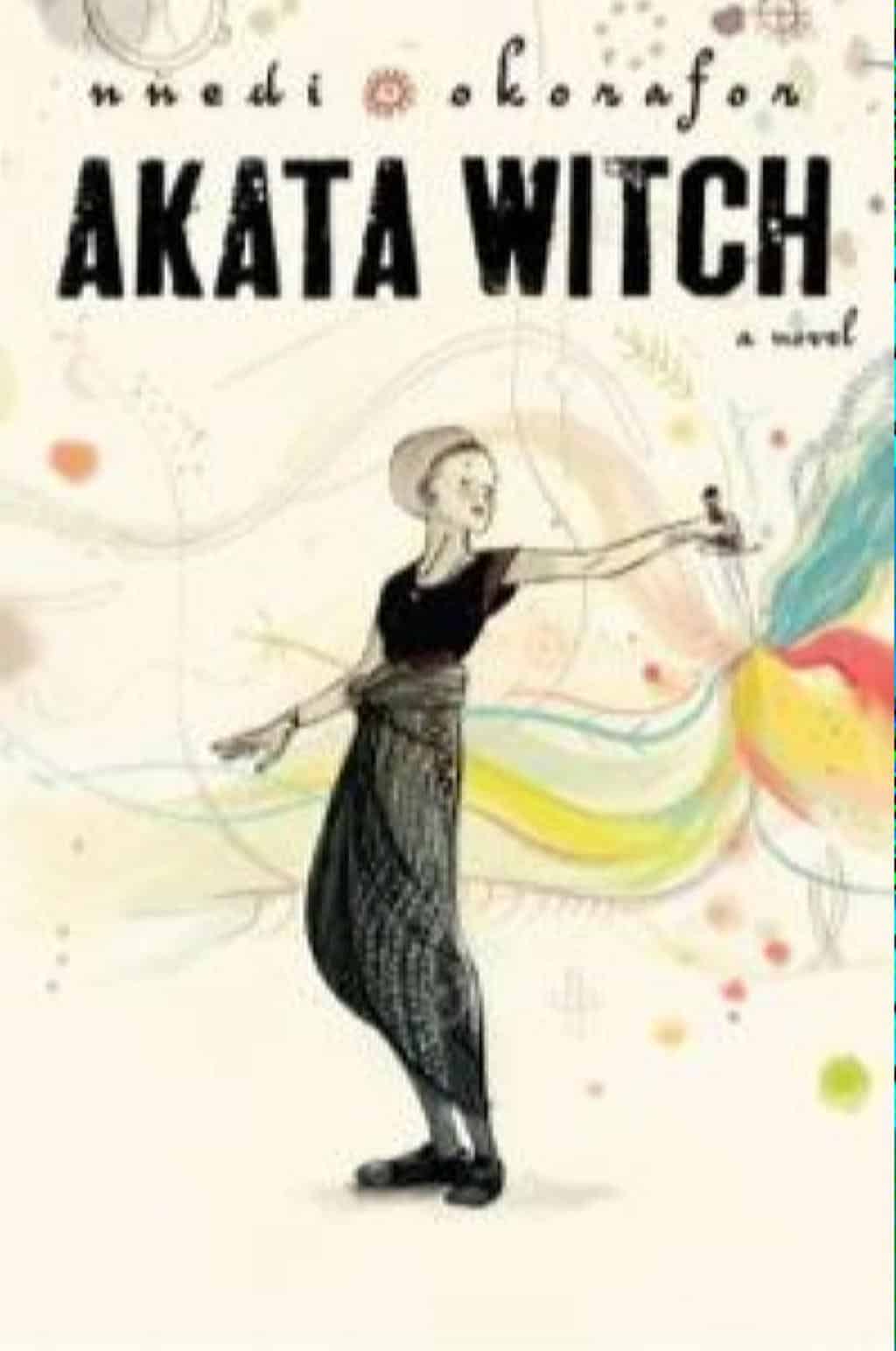 Folklore Beyond Grimm & Mythology Beyond the Greeks
Folklore Beyond Grimm & Mythology Beyond the Greeks
By Crystal Hicks, Adult Services Librarian
I love books that tie in folklore, so it’s no surprise that I recently read Katherine Arden’s The Bear and the Nightingale, a veritable love letter to Russian folklore. What I wasn’t expecting was to be completely caught in its thrall—Arden weaves a brilliant, impeccably-detailed tapestry in her debut novel, and it absolutely captivated me. Not only is Arden a wonderful storyteller, but the vast Russian folklore she draws from felt like a fresh breeze after so many books that call on the same stories. You know the ones: Beauty and the Beast, or Sleeping Beauty, or even Zeus and Odysseus and Achilles. Arden’s book whet my appetite for alternative folklore and mythology, so I went looking, and I’ve found plenty to feast upon.
Helene Wecker delves into both Jewish folklore and Arabian mythology with her book The Golem and the Jinni. A Golem is created aboard a ship, and then her master suddenly dies; a Jinni is awoken, hundreds of miles from the Syrian Desert. Unexpectedly, both magical creatures find themselves in New York City in 1899, unmoored and struggling to find their way in the modern world. Wecker’s fish-out-of-water narrative is delightful and unusual, bringing together many different worlds in a satisfying, oddly plausible manner.
If you’d like to dive further into Arabian mythology, look no further than One Thousand and One Nights. Hanan al-Shaykh helpfully retells these classic tales for a modern audience, focusing on just nineteen stories from the original collection. Al-Shaykh’s straightforward, almost blunt prose reminds me of reading fairy tales collected by the Brothers Grimm, but she smartly interlinks these stories so that each feeds back into the previous one, creating an endless chain of storytelling. For a young adult spin on these same tales, check out Renée Ahdieh’s The Wrath & the Dawn, which develops the relationship between the quick-witted Shahrzad and Khalid, the murderous Caliph of Khorasan. Though Shahrzad is determined to stay her death in order to exact revenge on Khalid, there’s more to his story than there first seems.
Like Wecker’s novel, M.H. Boroson’s The Girl with Ghost Eyes takes place in turn-of-the-century America, though this time it’s 1898 in San Francisco’s Chinatown, and Li-lin can see spirits. As a young widow with yin eyes, Li-lin is considered doubly unlucky; as a ghost hunter from the Maoshan tradition of Daoism, Li-lin is also the only person who can save Chinatown. Li-lin narrates with a simple voice, concretely describing every fantastical thing in her world, and the story flies along, propelled by Li-lin’s kung fu expertise and deft touch with her peachwood sword. To top all this off, Boroson provides an author’s note indicating where he blended facts and mythologies in order to create a cohesive story, and he encourages readers to continue the story by doing their own research and searching out local legends.
Silvia Moreno-Garcia’s Certain Dark Things roots itself in Aztec mythology, but from there it spreads to include mythological beings from across the globe. Domingo is a lonely nobody, collecting trash in Mexico City, so he’s surprised when the confident and beautiful Atl takes an interest in him. Even more surprisingly, Atl is a Tlahuihpochtli, a Mexican variety of vampire, and she’s snuck into one of the few havens left from vampires. Moreno-Garcia combines Latin American mythology with a noir sensibility for a darkly sensuous urban fantasy book that’s delightfully conscious of all the vampire lore around the world. For those curious, she ends with a glossary fully outlining the different species of vampires and the rules she created for their world.
I would be remiss if I didn’t mention the book I’m currently reading, Nnedi Okorafor’s Akata Witch. Okorafor’s narrative takes place in Nigeria, effortlessly swirling together local lore and magic. Sunny, an albino girl born to Igbo parents while they lived in New York, has never fit in since they moved back to Nigeria. Then, Sunny learns that juju is real and there’s a reason she’s so different. Akata Witch is already a captivating read, and I can’t wait to see where Okorafor’s imagination will lead me.
If you’re interested in finding more retellings of folklore or on any topic, feel free to stop by the Reference Desk and strike up a conversation. You can also request a personalized reading list and receive a list of books picked specially for you by one of our librarians.

